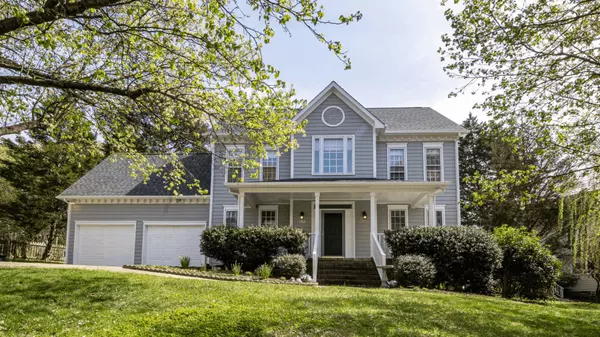2024 California Housing Legislation: Removing Barriers to Construction and Affordable Housing

The California housing market faces several challenges in 2024, including high-interest rates, slow local approval processes, and a shortage of skilled construction workers. However, a set of housing bills passed during the 2023 legislative session, set to take effect in 2024, aims to alleviate some of these obstacles and promote housing construction.
Key highlights of these new housing laws include:
- Apartment Building Approvals for Lower-Income Californians: Senate Bill 423, spearheaded by San Francisco Democratic Senator Scott Wiener, extends and expands a law that expedites the approval process for apartment buildings with units reserved for lower-income Californians.
- Affordable Housing on Religious and Non-Profit Property: Senate Bill 4, also introduced by Senator Wiener, facilitates the approval of affordable housing on property owned by religious institutions and non-profit colleges.
These laws reflect a broader trend, where the focus was on removing barriers and providing incentives for housing construction. Senator Wiener emphasized that the era of rejecting housing projects is coming to an end.
Developers of purpose-built affordable housing, in particular, saw significant benefits from these legislative changes, including greater flexibility in exceeding or overriding local zoning, improved timing and certainty of planning approvals, and relief from environmental review and litigation.
Michael Lane, State Policy Director for the urban planning think-tank SPUR, noted that this level of consensus in the Legislature was unprecedented. Pro-development activists, often referred to as "YIMBYs" (Yes In My Backyard), saw substantial victories in this shift toward more pro-housing policies.
Notable legislation includes Assembly Bill 1287, which allows developers to build denser and taller structures when they allocate additional units for middle-income earners. Senate Bill 684 simplifies the process of dividing large parcels of land into clusters of townhomes and cottages.
However, it's worth noting that not all efforts to promote housing construction were smooth sailing. Some restrictions remain in place, such as the exclusion of historic single-family home neighborhoods from certain pro-density policies.
Opponents of state pro-density policies, including local governments, labor groups, and environmental justice advocates, prevented a complete overhaul of the state's environmental law, the California Environmental Quality Act (CEQA). Nonetheless, several new laws make it more challenging for housing project opponents to use CEQA to delay certain types of projects.
One significant change is AB 1449, which shields many affordable housing projects from environmental review. Another, AB 1633, requires cities to either approve or deny a project's environmental review within a set time frame.
These legislative changes reflect a continued push at the state level to address California's housing crisis by promoting housing construction and streamlining the approval process. The housing market in the state is expected to benefit from these efforts, even as challenges like high interest rates persist.
Additionally, Assembly Bill 1033, introduced by Assemblymember Phil Ting, offers the potential to reshape the accessory dwelling unit (ADU) market by allowing homeowners to sell ADUs as separate condos, provided local governments opt in. This could open up new opportunities for young homebuyers in California's challenging housing market.
While hurdles remain, the legislative landscape is shifting toward greater support for housing construction and affordability in the state.
Source:
- https://calmatters.org/housing/2024/01/california-housing-laws-2024/
- https://napavalleyregister.com/news/state-regional/new-california-housing-laws-aimed-to-streamline-building-process-take-effect-in-2024/article_5b92cb04-aa8b-5df6-828b-b273038f6b9c.html#:~:text=Starting%20in%202024%2C%20a%20new,as%20local%20governments%20opt%20in.
- https://www.bakersfield.com/news/new-california-housing-laws-aimed-to-streamline-building-process-take-effect/article_3ec72b42-a8e9-11ee-a9a8-5b0518a8aef1.html
Categories
Recent Posts










GET MORE INFORMATION

